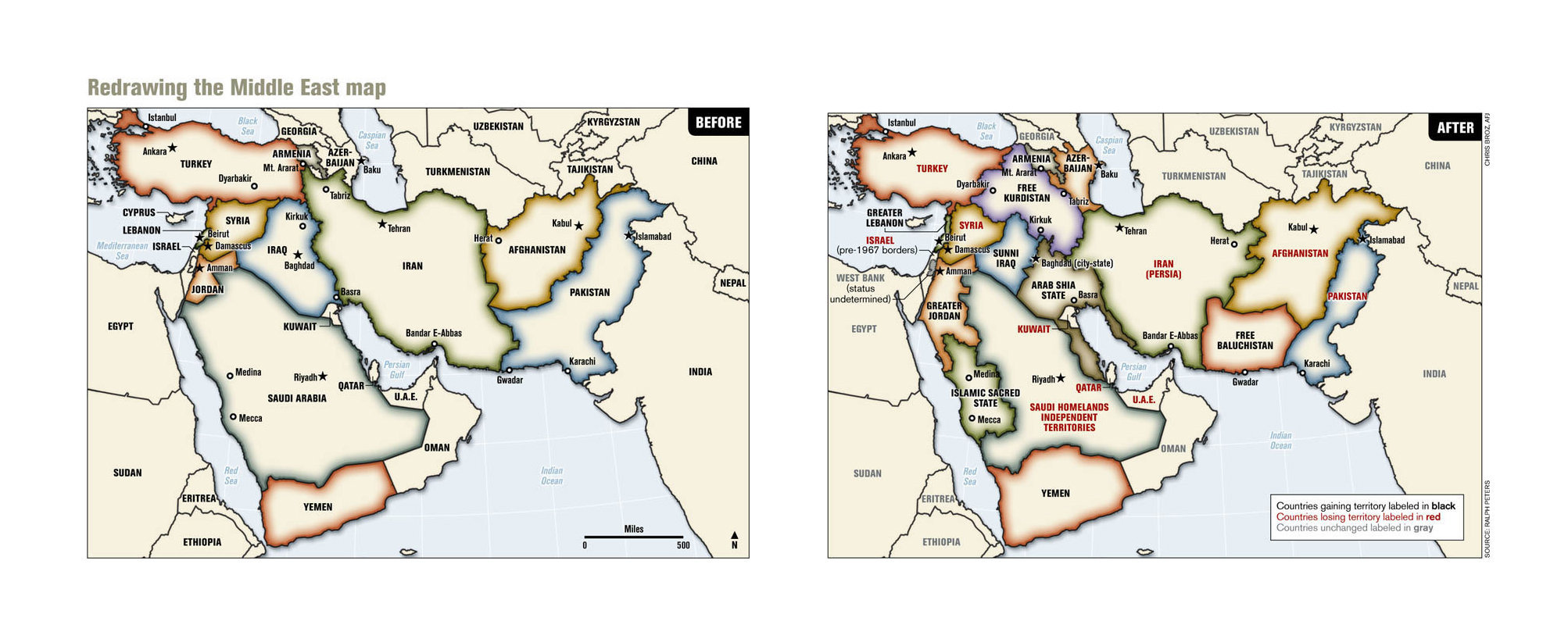know_yourself_1234
Jedi
Hello!
I was searching SOTT for an article, but was not able to find it :(
The article was presenting two maps of Kurdistan state: "before" and "after", they were orange colored, and I cannot reput my hands on it
I was just looking for it today, so it is not that much important if I do not find it. If it pops up to someone like "oh yes it's this one", I would be very happy to re-read it.
Sorry for the asking, and super thanks :)
I was searching SOTT for an article, but was not able to find it :(
The article was presenting two maps of Kurdistan state: "before" and "after", they were orange colored, and I cannot reput my hands on it

I was just looking for it today, so it is not that much important if I do not find it. If it pops up to someone like "oh yes it's this one", I would be very happy to re-read it.
Sorry for the asking, and super thanks :)


